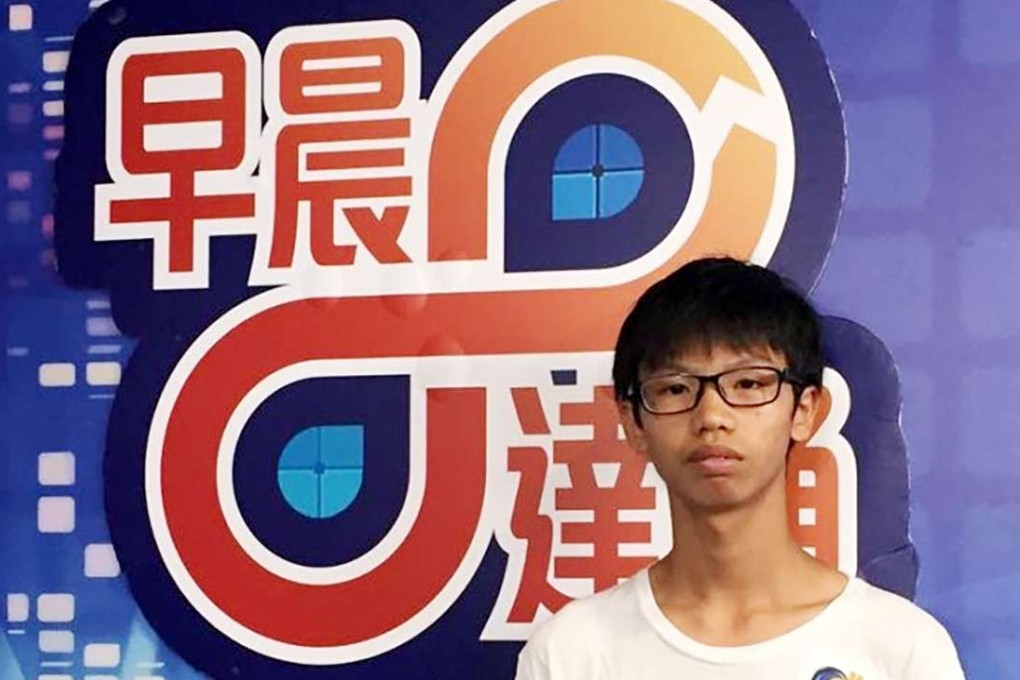Hong Kong student localists willing to face expulsion or arrest to further their cause
Studentlocalism representative says the group is ‘prepared for the worst’, but critics say the movement is ‘detached’ from public sentiment in the city

A student pro-independence group has said its members are willing to risk expulsion from school or even arrest to promote their cause.
The statement, from Studentlocalism, came after a Hong Kong deputy to the National People’s Congress earlier warned that supporters of independence could face criminal consequences if they fought for their cause using radical means.
Speaking at a television forum, Tony Chung Hon-lam, one of the convenors of Studentlocalism, said while the organisation and its groups in schools were worried about institutions putting pressure on them, they were “prepared for the worst”, such as being expelled or arrested.
Founded in April, Studentlocalism is led by secondary school students and has around 60 members and is targeting schools to spread the word. So far, pupils from at least 17 schools, including Wah Yan College on Hong Kong Island and Ying Wa College in Cheung Sha Wan, have already set up concern groups.
On Sunday morning, a former Hong Kong Polytechnic University professor, Priscilla Lau Pui-king, also a Hong Kong deputy to the National People’s Congress argued that pro-independence advocates were “going against the trend and being detached” from public sentiments in Hong Kong.
“Those people couldn’t even manage their own lives ... How many of them could win the Legislative Council poll next month? May be one or two only,” she said after a separate TV programme.